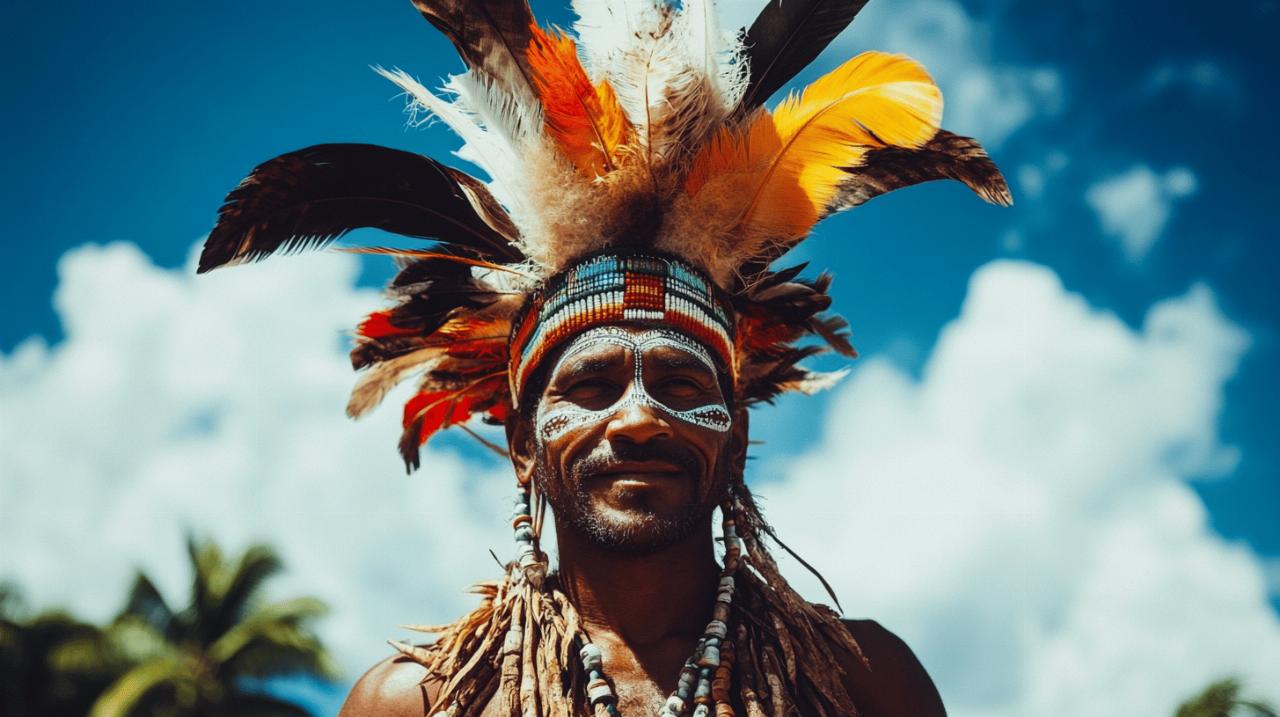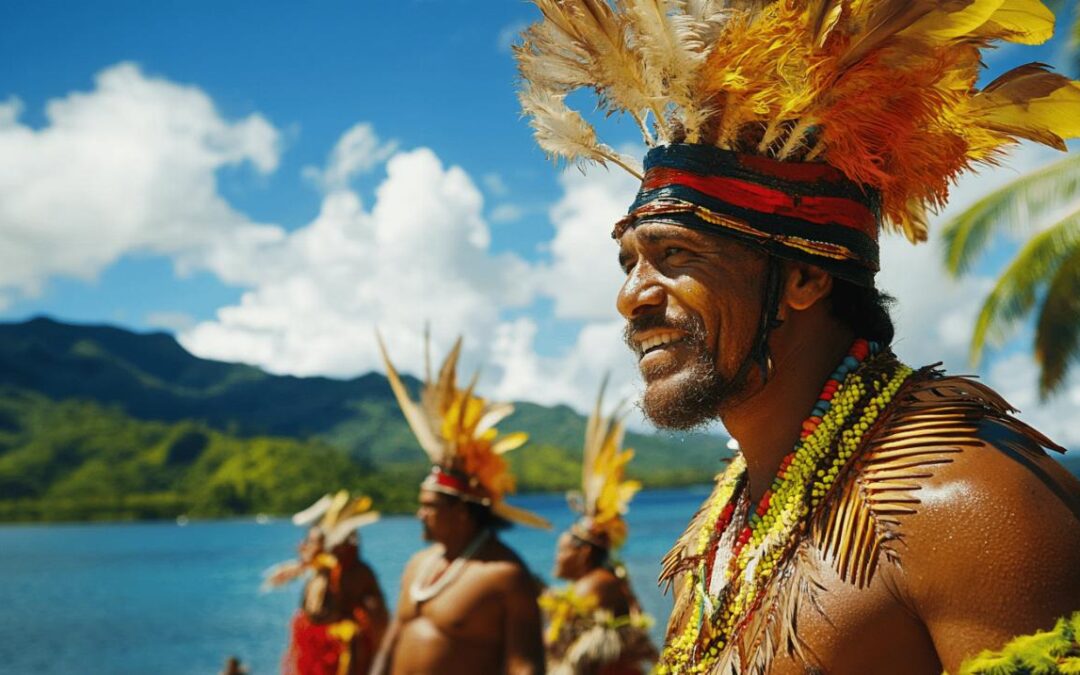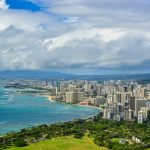Setting foot on the shores of New Caledonia feels like entering a living museum of cultural fusion, where Pacific traditions blend seamlessly with European influences. This South Pacific archipelago offers more than just pristine beaches and crystal-clear waters—it presents a unique opportunity to witness the evolving tapestry of identity that defines this French territory. As we embark on this journey through New Caledonia’s cultural landscape, we’ll discover how history, tradition, and modernity converge to create a distinctive societal fabric that captivates the curious traveller.
The melting pot of pacific influences
New Caledonia stands as a testament to cultural diversity in the South Pacific. The archipelago’s position as a crossroads between Melanesian traditions and French colonial heritage creates a fascinating blend that permeates every aspect of life. According to recent articles from Walkabout Travel, understanding this unique cultural identity has become increasingly important for both visitors and locals alike, particularly as the territory navigates its path toward self-determination.
Kanak heritage: the indigenous soul of New Caledonia
At the heart of New Caledonia’s cultural identity lies the rich heritage of its indigenous Kanak people, whose presence on these islands predates European contact by millennia. The term ‘Kanak’ itself means ‘human being’ in one of the approximately 28 indigenous languages still spoken throughout the territory. Their deep connection to the land and sea forms the foundation of their identity, expressed through intricate weaving, wood carving, and pottery that tell stories of ancestral wisdom.
Visitors seeking authentic cultural experiences can explore the renowned Tjibaou Cultural Centre in Nouméa, an architectural marvel designed to honour and preserve Kanak traditions. Named after Jean-Marie Tjibaou, a prominent independence leader, this centre serves as both a museum and a living cultural space where traditional ceremonies and contemporary artistic expressions coexist. The structure itself, with its towering wooden structures reminiscent of traditional Kanak huts, symbolises the blending of ancient wisdom with modern sensibilities.
French colonial legacy and its modern manifestations
Since France colonised the archipelago in 1853, European influences have become deeply embedded in New Caledonian society. Today, this legacy is visible in everything from the language spoken to the architectural style of Nouméa, where French cafés line boulevards reminiscent of the Mediterranean. Yet this colonial history has also created significant social challenges, particularly regarding educational disparity. Statistics reveal that in 2009, only 12% of Kanak secondary school students passed the baccalaureate compared to 54% of their European counterparts.
Despite these challenges, progress is evident. There has been a sevenfold increase in Kanaks holding managerial positions over the past two decades. Young Kanaks like Stanley Jemes, who works as a neighbourhood educator despite earning only 85% of the minimum wage, represent a generation striving to bridge cultural divides while preserving their heritage. This evolving relationship between traditional and colonial influences creates a dynamic cultural landscape that visitors can observe throughout the territory.
Navigating Cultural Protocols as a Visitor
 For travellers seeking authentic experiences in New Caledonia, understanding and respecting cultural protocols is essential. The archipelago offers numerous opportunities to engage meaningfully with local communities, from the bustling Nouméa market, where vendors from various cultural backgrounds sell their wares, to the annual Bourail Fair that showcases traditional livestock competitions and local products.
For travellers seeking authentic experiences in New Caledonia, understanding and respecting cultural protocols is essential. The archipelago offers numerous opportunities to engage meaningfully with local communities, from the bustling Nouméa market, where vendors from various cultural backgrounds sell their wares, to the annual Bourail Fair that showcases traditional livestock competitions and local products.
Tribal visits and customary gestures
One of the most enriching experiences available to visitors is participating in a tribal stay, where guests can temporarily immerse themselves in Kanak community life. These experiences typically begin with a traditional welcome ceremony, during which visitors present a small gift as a gesture of respect. This exchange establishes a relationship between guest and host that transcends the typical tourist experience. During these stays, visitors might learn about traditional fishing techniques, participate in community meals, or listen to stories passed down through generations.
When visiting tribal areas, it’s important to remember that photography should always be approached with permission rather than presumption. Many Kanak communities view certain ceremonies and objects as sacred, and documenting them requires explicit consent. Additionally, dressing modestly and removing shoes when entering homes demonstrates respect for local customs. These seemingly small gestures can make a significant difference in how visitors are received.
Respecting sacred sites and traditions
Throughout New Caledonia, particularly on the Isle of Pines and along the East Coast, visitors will encounter places of profound spiritual significance to the Kanak people. These sites, often marked by totems or distinctive natural features, require appropriate reverence. Guides from local communities can provide invaluable context about these locations, explaining their historical and cultural importance while ensuring visitors behave appropriately.
The Festival of Kanak Heritage offers another window into indigenous traditions, showcasing dance, music, and culinary practices that have evolved over centuries. Visitors attending such celebrations should approach them as opportunities for learning rather than mere entertainment. By observing respectfully and engaging thoughtfully, travellers can gain deeper insights into the complex cultural identity that defines contemporary New Caledonia.
For those travelling from Australia, the relatively short three-hour flight from Sydney to Nouméa makes New Caledonia an accessible destination for cultural exploration. With pleasant temperatures averaging around 20°C and a diversity of experiences spanning from colonial Fort Teremba to traditional tribal territories, the archipelago offers a unique perspective on how cultural identity evolves through both preservation and adaptation. As New Caledonia continues its journey of self-determination, visitors have the privilege of witnessing a society actively engaged in defining its future while honouring its past.





